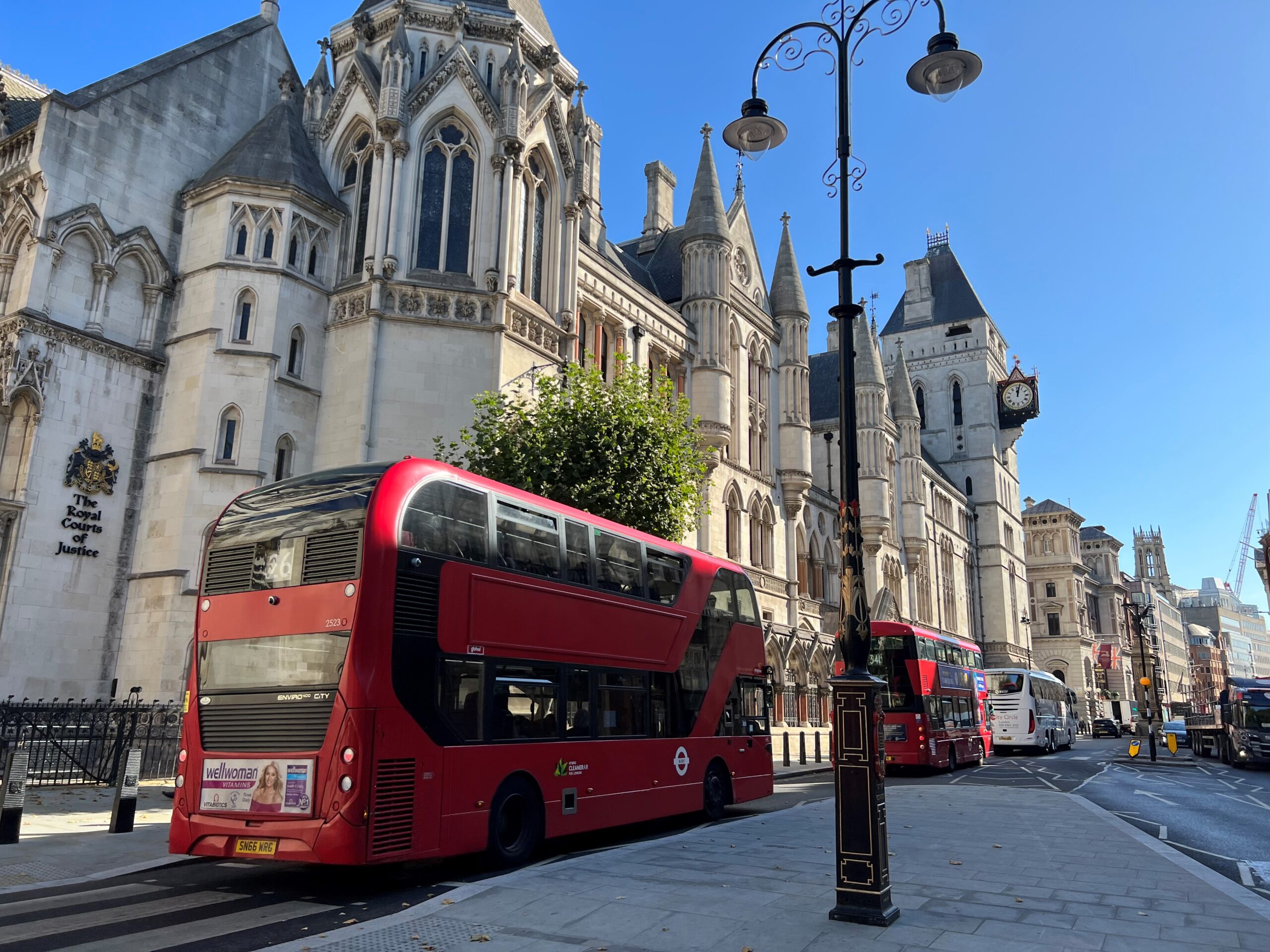The High Court has granted an adoption order to the British parents of a child born through surrogacy in the USA, in the new reported case of C & Anor v E (international surrogacy and domestic adoption) (2025). NGA Law and Jessica Lee of 1GC represented the parents.
Although this is not the first UK adoption order granted to parents with a child conceived through double donation surrogacy (NGA also acted in this similar case in 2021), it is the first to fully explore some of the intricacies of how adoption law applies in such circumstances. We are pleased that Mr Justice MacDonald has made the adoption order, finding that UK adoptions for children born through international surrogacy are potentially (with proper care, and on the particular facts) a legal solution for parents ineligible for parental orders.
What were the facts of the case?
The case involved a British couple who had conceived their son (after a long and very difficult history) via a gestational surrogacy arrangement in the USA, using donated eggs and sperm. They were legally recognised as the parents in the state where their son was born and named as such on his US birth certificate, having followed all required legal procedures in the US. Like other British parents through US surrogacy, they were not automatically recognised as their son’s legal parents in the UK. They were also, more unusually, ineligible to apply for a parental order (the usual route to resolve the UK legal issues) because they had conceived through donation and neither was their son’s biological parent.
Determined to give their child the best legal security possible, they instead followed an alternative legal path, applying to the Home Office for British nationality under its surrogacy policy, and to the family court for an adoption order. High Court judge Mr Justice MacDonald granted them a UK adoption order, securing their parentage in the UK and making their son a lifelong legal member of their family.
What is the significance of the court’s decision?
Although the outcome may seem unremarkable in welfare terms, the case considered in detail how offences in relation to adoption apply in international surrogacy cases. There are certain provisions in the Adoption and Children Act 2002 which, in an effort to deter unauthorised adoptions, make it an offence, in certain circumstances, to bring a child into the UK for the purposes of adoption, to make a private arrangement for adoption, or to make payments for the adoption of a child. Although never designed to regulate surrogacy, MacDonald J examined whether the parents in this case had inadvertently breached the law, having conceived their child through a commercial surrogacy arrangement overseas, brought him into the UK and then sought an adoption order. The judge ruled that they had not.
In his judgment, MacDonald J set out his conclusions that:
- There is no UK requirement for parentage to be dealt with by way of a parental order – nothing precludes parents through surrogacy who are not eligible for a parental order (or do not wish to apply for one) from instead applying for an adoption order.
- If an adoption application is made, the court must consider whether the restrictions in the Adoption and Children Act 2002 apply on the facts of each case. If there is a breach of the Act, the court can still make an adoption order, but will first need to weigh up whether the child’s best interests should outweigh any public policy considerations.
- In this particular case there was no breach of the law, which meant that the court did not need to balance welfare with public policy considerations (or to consider technical issues of habitual residence which were also discussed). This was because, on the facts, the judge was satisfied that the parents had not had a settled intention to adopt their child in the UK when the surrogacy arrangement was made or when he was brought into the UK, and therefore none of the offences in the Act applied.
The judge concluded as follows:
“G has an established family life with the applicants, who he has known as his parents from the moment of his birth and who he has lived with at all times since then. Within this context, G is ceasing to be a member of his original family only in the very narrowest sense. The respondent is fully supportive of an adoption order being made. G is a much loved and wanted child whose adoption has wholeheartedly been endorsed by the local authority in the statutory report it has prepared. That report, and the other evidence before the court, identifies no welfare concerns. There is no suggestion that G should be cared for by any persons other than the only parents he has ever known. Making an adoption order will give G complete and permanent legal security as a member of his existing family, not only during the course of his minority but for the remainder of his life”.
What does this mean for other families?
Parents through international surrogacy who are not eligible to apply for a parental order should take careful legal advice on the alternative legal solutions available to them. Although we are pleased that adoption has been confirmed as a viable alternative route to UK legal parentage, it is clear that how the law applies in each case will be fact specific and that others wanting to follow a similar path will need to tread carefully.
More widely, and while it is important that the best legal solutions are available to children, it is unfortunate that adoption needs to be relied upon at all as a legal solution for surrogacy. The parents in this case, like so many other parents through UK and international surrogacy, had done everything in a legal, ethical and responsible way. There were no issues of illegality, exploitation or misconduct in this case, no dispute, and no welfare concerns. Their child was obviously loved and there were no other prospects for him than to remain in their care. The only reason the case involved complexity was that we were trying to make a legal square peg fit into a legal round hole, to make adoption law work for circumstances it was never designed for, in the absence of more appropriate legal solutions.
The wider underlying issue here is that the existing law is not meeting the needs of children born through surrogacy. Whether parents needs to apply for a complex and lengthy parental order, or follow an even more complex and lengthy adoption process, it is children who are left in legal limbo. What we need is at-birth recognition of parentage for children conceived through surrogacy and assisted reproduction, who deserve the status, legal security and recognition that most other children take for granted.
The UK’s leading fertility lawyers
Find out more about how we support those creating families



